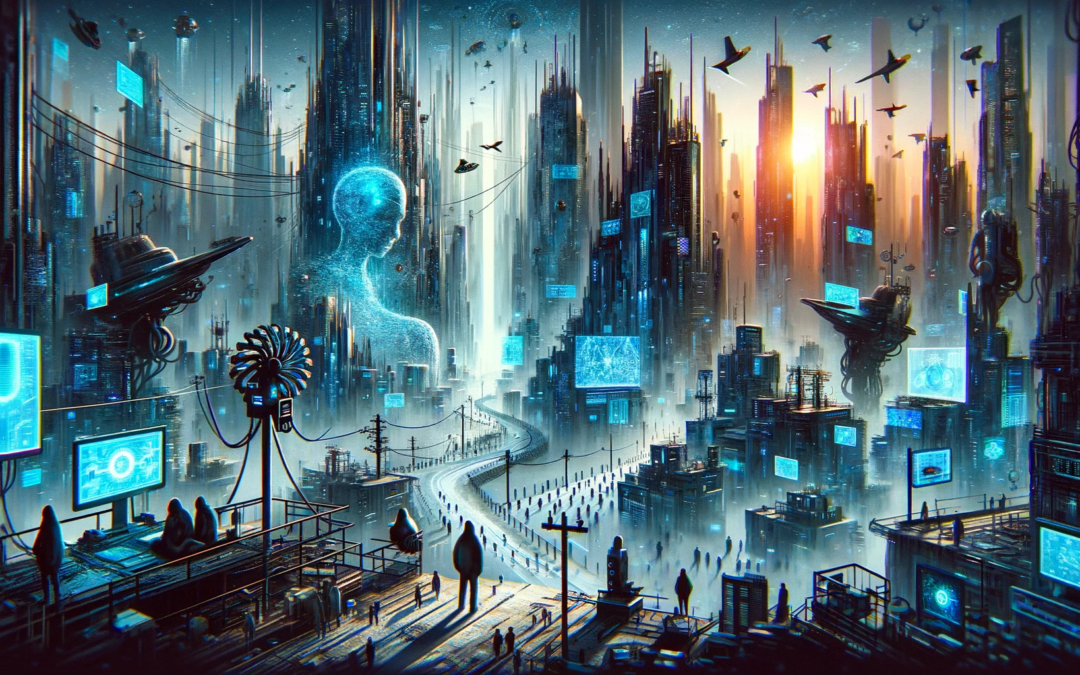AI and Social Interaction
Imagine a world where AI companions become the norm, replacing human-to-human interactions. While AI companions may offer convenience and companionship, they could also lead to a decline in social skills and emotional intelligence. We may become more reliant on AI for communication, blurring the lines between genuine human connection and artificial companionship.
AI and the Alteration of Reality
With the rise of virtual reality and augmented reality, AI could redefine our perception of reality. We might find ourselves immersed in AI-constructed realities, where the boundaries between the virtual and the real become increasingly blurred. While this offers exciting possibilities, it also raises questions about the potential for escapism and the impact on our sense of what is real.
AI and Behavioral Influence
AI-driven platforms and algorithms already shape our behavior to some extent, from personalized recommendations to targeted advertisements. As AI evolves, it could have even greater influence over our decision-making and opinion formation. This raises ethical concerns about manipulation and control, as AI systems are designed to predict and modify human behavior. We must carefully consider the implications of such power in the wrong hands.
AI and Societal Norms
AI has the potential to challenge existing societal norms and values. It can introduce new social dynamics and power structures that may disrupt the status quo. We have already witnessed instances where AI algorithms have inadvertently perpetuated biases and discrimination. As AI becomes more advanced, it is crucial to address these issues and ensure that its impact on societal norms is carefully managed.
AI and the Human Identity Crisis
The emergence of human-level AI raises profound existential questions. If AI can match or surpass human intelligence, what does that mean for our sense of purpose, self-worth, and the uniqueness of human intelligence? As we grapple with these questions, we must also consider the philosophical implications of AI on the human condition. Will we redefine what it means to be human in a world where AI is our equal or superior?
Conclusion
Human-level AI has the potential to reshape society and human behavior in ways we can only begin to imagine. As we move forward, it is essential to have open and critical conversations about the ethical and social implications of AI. We must develop frameworks that ensure AI benefits society as a whole and safeguards against the negative consequences. By doing so, we can navigate the challenges of AI disruption responsibly and shape a future that harnesses the full potential of this transformative technology.










